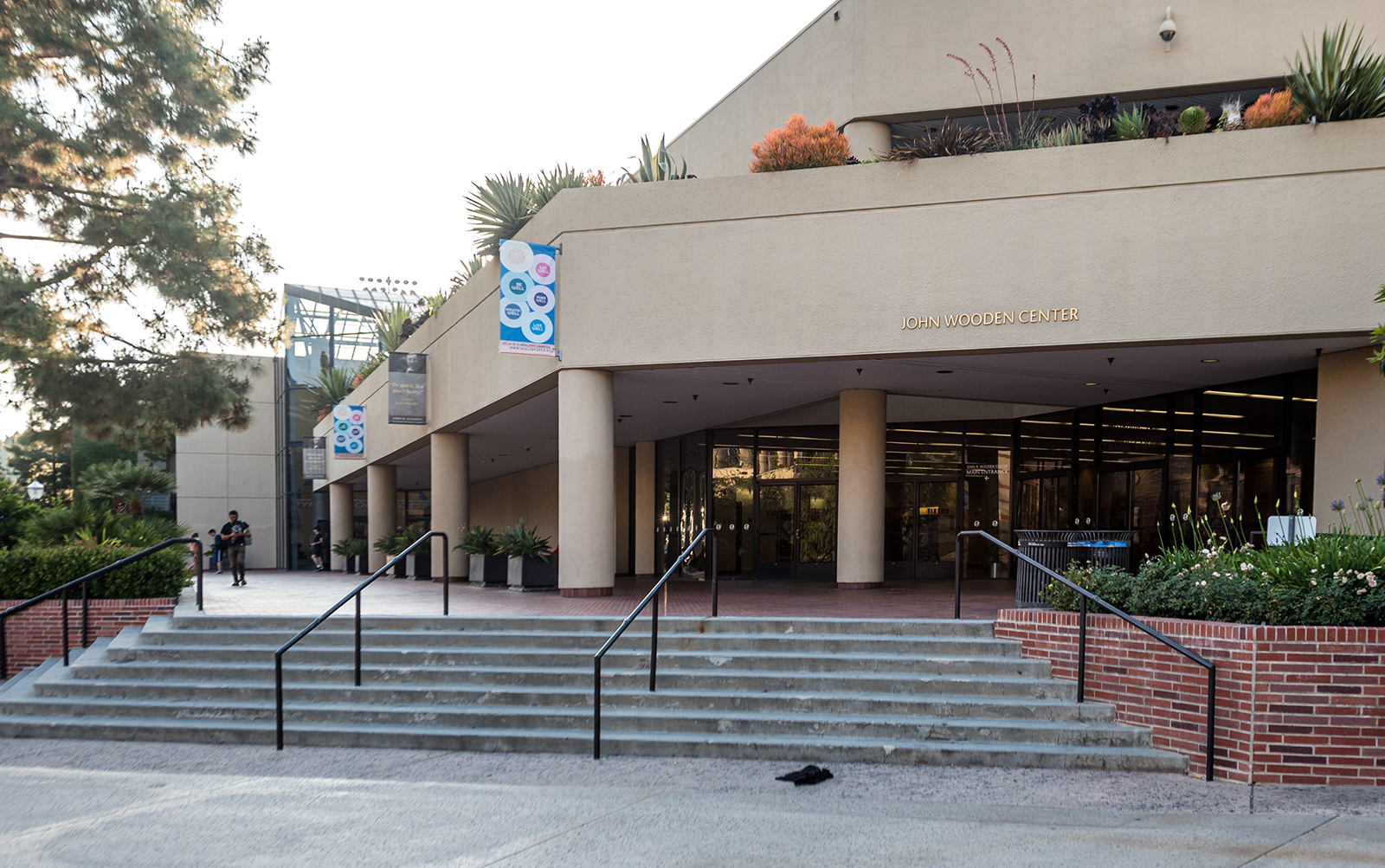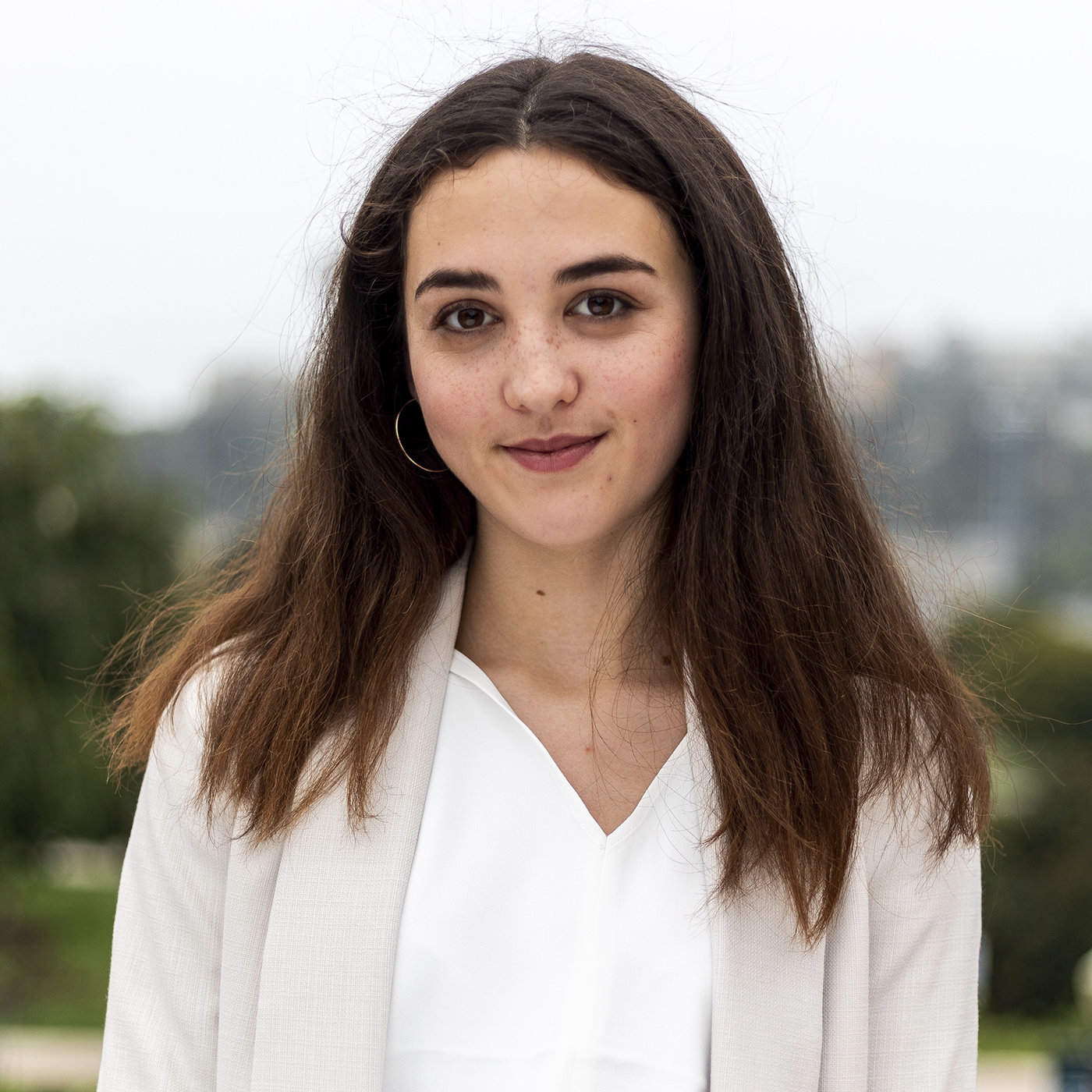UCLA should apply spring campus fees to services that benefit student well-being

Students are paying fees for services they physically have no access to this quarter – fees that can be directed toward other amenities and services that can benefit their well-being during the pandemic. (Daily Bruin file photo)

By Rachel Durose
April 15, 2020 3:29 p.m.
“Learning occurs not only in the classroom, but also through engagement in campus life and in communities and organizations beyond the university.”
Search ‘UCLA Missions & Values’ in your web browser and you’ll find the aforementioned goal on the official UCLA website.
But after the World Health Organization declared the outbreak of COVID-19 a pandemic March 11, learning in and out of the classroom came to a screeching halt. UCLA students moved online, and by March 18, most of the campus was closed and in-person commencement ceremonies were canceled.
While conferences, access to gyms and every other facet of student life has changed, one thing hasn’t – tuition costs.
Despite the extremity of our current circumstances and the financial stress it has induced, University of California Regents chose to keep all campus fees in place. Now that the UC system has rejected any chance of students receiving reimbursements, it is time UCLA works with the UC system to apply the more than $488 of our tuition intended for spaces only accessible on campus back toward programs students can access virtually.
Instead of charging students for unusable recreation centers and on-campus events, UCLA needs to prioritize what students can make use of. Access to different forms of entertainment and personalized therapy is exactly what students should be receiving during these difficult times. UCLA could expand access to entertainment platforms to students living off campus or at home for the quarter, create art supplies and food funds for struggling students and expand the number of therapists available on the Counseling and Psychological Services new telecommunications platform.
Because for students paying thousands of dollars for Zoom lectures this quarter, these services are the least the university could do.
Sachi Cooper, a second-year geography student and director of USAC’s Financial Supports Commission’s UC Affordability Committee, made the decision to move home and declare nonattendance for spring quarter.
“I understand why (UCLA) can’t reduce tuition, because they have increased costs, or at least their maintained costs,” Cooper said. “I think that in the future, what I expect from administration … when it comes to finances or anything in general, is transparency.”
But as of now, a transparency report would leave few students impressed.
Undergraduates’ spring quarter BruinBill shows a $38 S.P.A.R.C. fee for renovations on gyms, a $37 Ackerman/Kerckhoff Seismic fee for renovations on the buildings, a $4.80 Green Initiatives fee, an $11 charge for membership at John Wooden Center, a $22 fee for construction loans for ASUCLA facilities, and the largest charge of all – a $376 UC-wide charge for vague items including “services related to campus life and campus community.”
Many UCLA families likely account for some of the more than 16 million Americans who have filed for unemployment since COVID-19 hit the United States. The stress from this change in day-to-day life is only confounded by the financial burden of unshakeable university fees.
In an email sent Monday by UCLA health officials and advisors, students were encouraged to limit time on the computer and instead enjoy cooking, art projects or reading.
But UCLA’s attempt at encouragement lands as tone-deaf when not feasibly partnered with resources for accessing affordable or free books, food or art supplies.
During a time when food banks are seeing an increase in demand by an average of 40%, according to a CNN article, some students are less worried about exploring viral coffee making and more concerned about how many meals they may have left in their pantry.
Food insecurity aside, students are faced with a lack of clarity from UCLA, making it difficult to find solutions.
Juan Santos, a third-year film and geography/environmental studies student, has praised his professors for finding ways to adjust to virtual learning but does not share the same sentiment for the administration.
“I’m part of (Pediatric Aids Coalition) and Dance Marathon had to be canceled and moved onto a virtual platform and, I mean, there wasn’t much UCLA could have done,” Santos said. “But, in the same regard, it would have been much easier and more helpful if they had indicated to us, since we rent out Pauley Pavilion to do this event, … what was happening with spring quarter because for such a long time, we were unclear about whether or not to host.”
Santos is one of many student leaders juggling multiple roles while coping with an uncertain future.
A 2015 National Student Financial Wellness Study found nearly 60% of surveyed college students stress about whether they can afford school, a number that has most likely increased the past month. Stress is known to exacerbate anxiety, depression, and can lead to concentration issues and high blood pressure – none of which are conducive to academic success.
Adrian Yu, a third-year public affairs student, said he believes students who have been more fortunate during this time should be prioritizing their peers’ needs.
“For the students from, you know, low socioeconomic status and historically marginalized communities, I think that this is a particularly dark period of time for them,” Yu said, “UCLA needs to worry about, I think, the students who this is affecting the most instead of just people who are going to be fine.”
Some students may suggest redirecting funds to nonessential services is a waste of students’ valuable fees. But to downplay the impact creative outlets can have on mental health during this time would be a mistake on UCLA’s part.
Circumstances are not ideal no matter what actions universities, places of work or the government take. It is therefore important that we find a way to brighten every students’ day with the cards we have been dealt.
UCLA is correct in its mission statement – learning does not just happen in the classroom. It happens in our immediate community.
And though that community may be facing more challenges or be more dispersed than ever before, it is still here.


